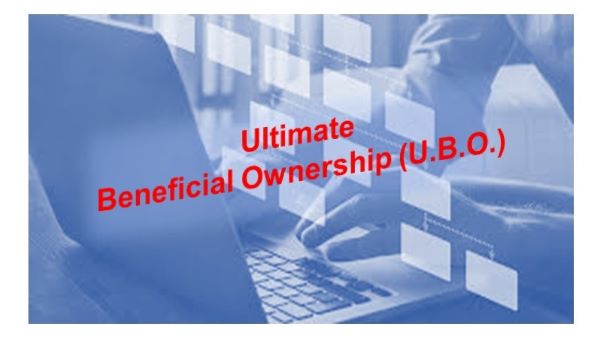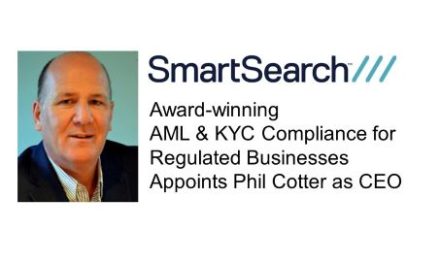It’s no longer only financial institutions who have to comply with ultimate beneficial ownership (UBO) regulations: Regulators in India, Singapore, and Australia are bringing their rules in line with global efforts to promote beneficial ownership transparency across other sectors – namely legal, real estate, and accountancy.
Australia pushes Tranche 2 changes to gatekeeper professions
The Australian government is consulting on reforms to its anti-money laundering and counter-terrorism financing (AML/CTF) Act 2006. The proposals, known as Tranche 2, will align Australian law with international standards by extending it to “gatekeeper” professions and businesses, such as lawyers, accountants, conveyancers, and trust and company service providers.
If Tranche 2 is approved, the Australian Transaction Reports and Analysis Centre (AUSTRAC) will prioritize real estate, as it is especially vulnerable to criminals disguising beneficial ownership to launder money.
Inclusion of gatekeeper professions has been controversial in Australia due to the burden it will place on AUSTRAC and compliance teams. In 2021, the agency estimated this inclusion would inflate reporting entity numbers from 16,000 to more than 100,000. Targeted firms are also concerned the obligations would conflict with their duties to protect legal privilege and client confidentiality.
Increased pressure on India’s non-financial sector to understand beneficial ownership
In May 2023, India expanded the scope of reporting entities for its Prevention of Money Laundering Act (PMLA). These will now include company representatives such as directors, banking intermediaries, real estate agents, financial companies, and accountants. Authorized activity will include buying and selling property on behalf of clients.
There is increased pressure on financial and non-financial sectors to understand beneficial ownership, with the PMLA lowering the ownership threshold from 25% to 10% for know your customer (KYC) checks.
 The Indian Express recently spoke with Mohamed Daoud, Industry Practice Lead for KYC, on the expanded scope under India’s PMLA. While the compliance regime of India’s banking and financial sector is considered mature, the corporate and non-financial sector will need to catch-up in time for the country’s Financial Action Task Force’s mutual evaluation.
The Indian Express recently spoke with Mohamed Daoud, Industry Practice Lead for KYC, on the expanded scope under India’s PMLA. While the compliance regime of India’s banking and financial sector is considered mature, the corporate and non-financial sector will need to catch-up in time for the country’s Financial Action Task Force’s mutual evaluation.
Tighter regulation for property developers in Singapore
In March 2023, Singapore announced new requirements for property developers to detect and deter money laundering and terrorism financing under the Housing Developers Act.
Requirements include conducting customer due diligence (CDD) on buyers, such as checking identification; understanding the purpose of purchases; and submitting suspicious transaction reports.
For entities or legal arrangements, developers must identify the beneficial owner, and understand the control structure and the nature of the business. Developers must also screen purchasers against lists of identified terrorists and tracked individuals. The regulator has said they can also screen purchasers against public sources of information, such as public websites or third-party screening databases.
Non-compliant firms may be fined up to $100,000 and have their licenses suspended or revoked.
This will hit smaller firms especially hard as they may lack the necessary economies of scale, and dedicated personnel and programmes for compliance.
According to The Business Times, property developers are bracing for a surge in compliance work as the new rules take effect from June 28, 2023. Property developers need to train staff on how to comply, but many are grappling with how to conduct watertight checks amidst a lack of clarity on the criteria and boundaries.
 In an interview with The Business Times, Chua Choon Hong, Head of Financial Crime Practice for Asia-Pacific and the Middle East at Moody’s Analytics, said, “Developers are also concerned the new requirements will add a burden to the customer onboarding process. Businesses should embrace automation as much as possible to reduce manual work and utilize available data solutions that can help review clients’ beneficial ownership structures.”
In an interview with The Business Times, Chua Choon Hong, Head of Financial Crime Practice for Asia-Pacific and the Middle East at Moody’s Analytics, said, “Developers are also concerned the new requirements will add a burden to the customer onboarding process. Businesses should embrace automation as much as possible to reduce manual work and utilize available data solutions that can help review clients’ beneficial ownership structures.”
Harmonizing international efforts
A critical challenge in international AML efforts is the current fragmented approach to UBO data gathering and the lack of harmonized know your business (KYB) datasets.
While globally definitions still vary on what makes a beneficial owner, attempts to tighten, and harmonize the regime in APAC should contribute to more effective enforcement. It will create challenges for compliance teams, but technology is available to gather and analyze relevant UBO data efficiently to help firms meet regulatory requirements.
How Moody’s Analytics can help
Moody’s Analytics offers leading solutions for understanding beneficial ownership, with extensive company information and detailed corporate structures. Our tools help companies create transparency and visualize complex control and influence structures, using artificial intelligence and multiple datasets across jurisdictions.
To learn more, download our latest whitepaper on beneficial ownership and transparency. Please get in touch if you have any questions or need support with AML and KYC compliance

automation.
Source: Moody’s Analytics


























